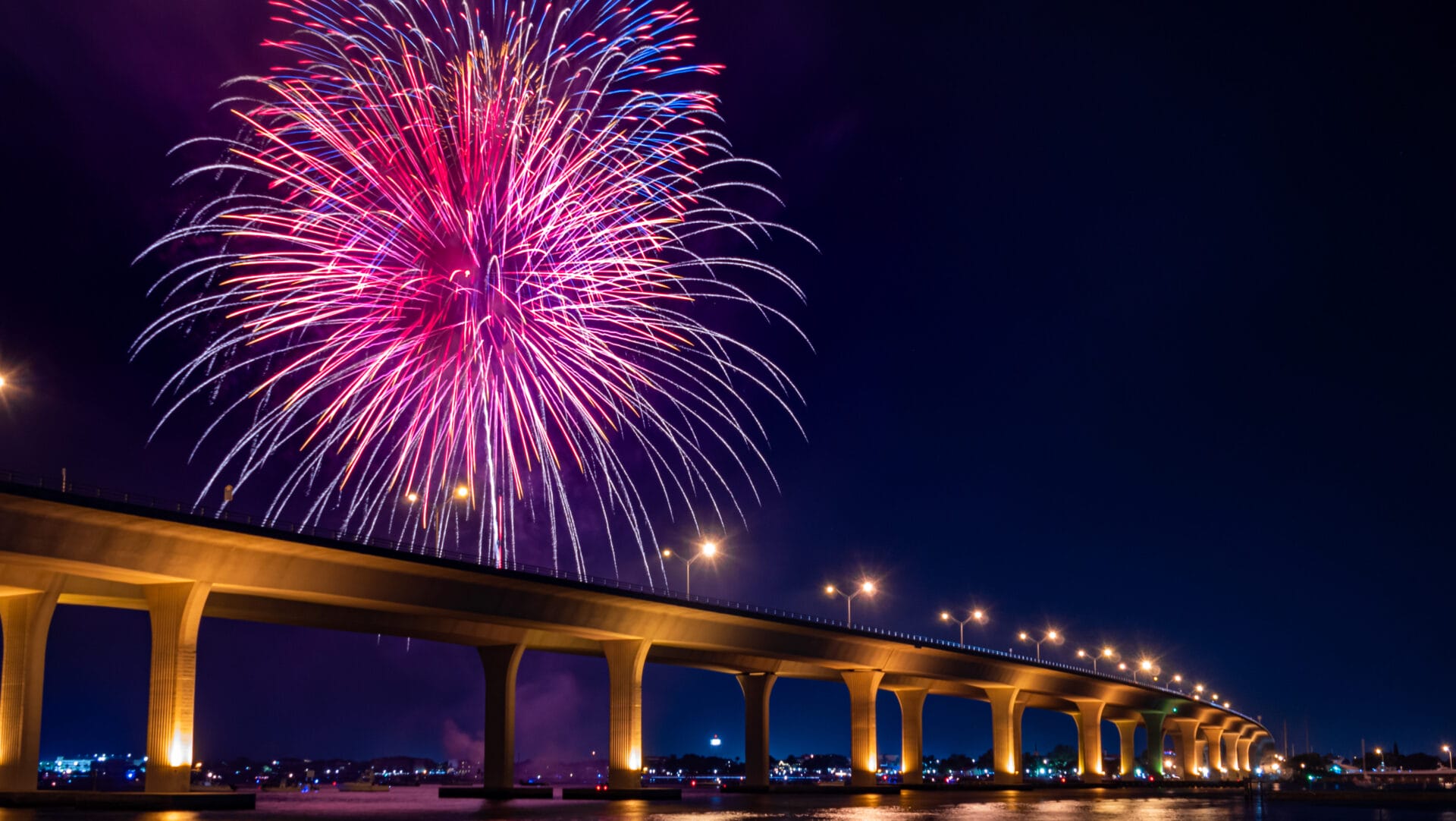After Irma, Solar Power Helped Keep Florida Shining
As Hurricane Irma plunged 6.7 million people into darkness, the moment was short-lived especially for those with solar panels that can work off the grid.
In fact, people, businesses, and even cities were able to function if they had a battery storage system or a stand-alone inverter – such as the one Cocoa Beach resident Barbra Williams has attached to her home.
“I can’t tell you the difference,” she says. “There is no noise, there is no smell, there is no gas line. You know, you’re just getting this pure sunshine coming through this line and you’re able to plug in your refrigerator. We had a fan, a refrigerator, and we charged our phones.”
Utility companies have long lobbied against
Despite Florida being the Sunshine State, utility companies have long lobbied against and are only now looking to expand their renewable-energy portfolio. Florida Power and Light has announced plans for eight new solar plants across the state, and last month Duke Energy canceled a nuclear project to focus on building solar farms.
Williams also belongs to a co-op called Florida Sun, which helped her purchase her solar panel. She’s part of a growing grassroots movement to influence the public and policymakers to support more renewable-energy options. She’s happy to rid herself from having to wrestle with traditional backup generators.
“To me, I’m just a true believer now, especially after this storm, and I always dreaded that,” she adds. “I can’t stand that gas, the noise, the smell. The thing scares me. And this way, I can go down and do it, I can handle it, and when the power came back on, it flipped itself off and we’re back on the grid.”
Florida is one of 13 states that still do not have a voluntary or mandated renewable-energy standard. Renewable-energy advocates are hoping the tide will change as solar is seen as an option to get communities back online safer and faster.
September 19, 2017 – Trimmel Gomes, Public News Service (FL)





